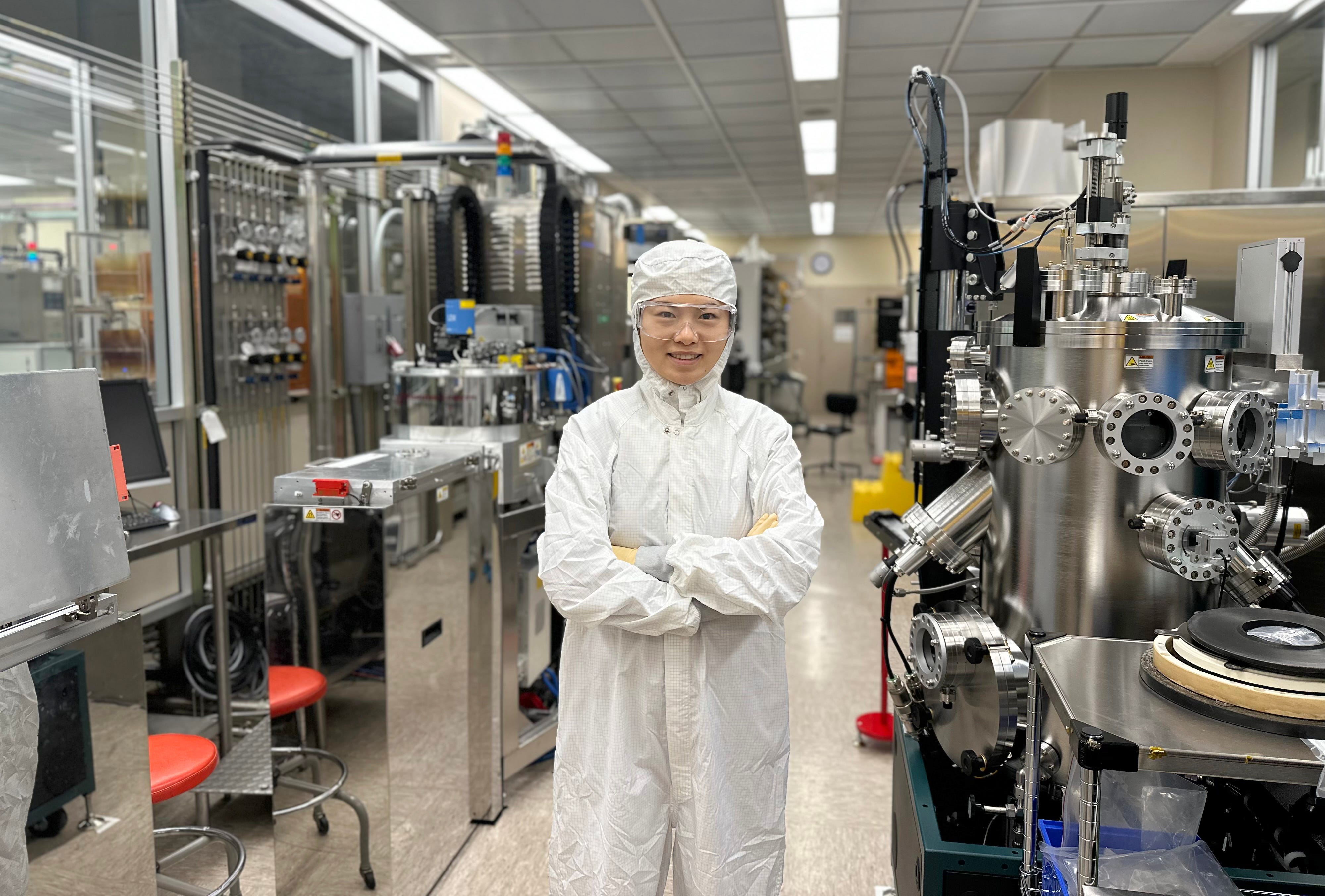NeuroTech Institute Unites Ohio State University and Battelle to Advance Brain Science
The Columbus institutions are partnering on a nonprofit biotechnology accelerator that aims to monetize neurological research to benefit patients.

Neurosurgeon Tim Lucas was frustrated. He was sure technology could improve his patients’ quality of life, especially those whose paralysis prevented them from performing the simplest of hygienic tasks. But advances were painfully slow, stalled by a lack of funding and money-making potential, as well as a culture of scientific competitiveness that often kept collaborators at arm’s length. “Our patients were being left behind,” says Lucas, whose passion for his work comes in part from a younger sister whose massive brain tumor left her with multiple mobility and sensory challenges two decades ago.
Now, Lucas is leading the charge to speed up technological advances for patients as founder and CEO of the NeuroTech Institute, a partnership between Ohio State University and Battelle that launched in October 2022. The nonprofit, housed on the OSU campus, is a biotechnology accelerator where scientists, clinicians and engineers develop inventions to improve patients’ lives and then spin off for-profit businesses to manufacture the inventions. “Here, we have patients as our core,” Lucas says.

That core includes a team of patient ambassadors across the country who live with neurological disorders. They help the institute’s staff understand patients’ physical limitations so researchers can try to fashion solutions. Research is focused in three areas: “cyber physical,” which includes spinal cord disorders and neuropathy; “cell modulation,” which includes Alzheimer’s and Huntington’s diseases; and what Lucas calls “the network of the mind,” which includes autism, epilepsy and depression.
Lucas, who came to Columbus from the University of Pennsylvania, hopes to have 60 full-time institute employees within five years; so far, four have been hired and six more may be added by the end of 2024. In addition, faculty from OSU and staff at Battelle also collaborate at NeuroTech.
One full-time hire is Lin Du, a principal investigator and electrical systems engineer working on an implantable tactile system to restore mobility for those with paralysis. As part of the system, sensors would be implanted in a patient’s fingertips or the palm of a hand to allow a patient to grasp an object through signals wirelessly transmitted to a watch and then the brain. “The institute gives me a unique opportunity to collaborate with physicians and patients, which is critical for this technology,” Du says. “We have a very ambitious goal, and we need experts in a lot of different backgrounds to accomplish it.”
Du joined the institute in October and has a joint appointment with Ohio State as an assistant professor in the colleges of medicine and engineering. The next step for the implantable tactile system is Food and Drug Administration approval for clinical trials in humans.
Another project under the institute’s wing is enhancements to the NeuroLife Sleeve, developed at Battelle. The sleeve, worn on the forearm of a person with paralysis, may restore some hand movement but requires complex surgery. Researchers are reconfiguring the sleeve with a goal of stimulating a paralyzed limb without surgery.
David Friedenberg, Battelle data scientist and principal investigator, says trials for the reconfigured sleeve are ongoing through NeuroTech and Battelle. “NeuroTech provides an avenue to take the intellectual property we’ve developed and have it accelerated,” Friedenberg says. “We are expecting to commercialize it, and this collaboration brings together all the pieces we need.”
The institute is funded by OSU and Battelle, as well as investors, grants and donations. Lucas hopes that eventually the institute will receive support from the companies it spins off.
“Five to 10 spinoffs a year is our goal,” Lucas says. “Most of them will fail, but even if two or three survive, that supports our whole mission. And they’ll hopefully get gobbled up by bigger companies.”
The model for the institute is the 20-year-old Broad Institute of MIT and Harvard, a nonprofit research organization in Cambridge, Massachusetts, that focuses on genomic science. Multidisciplinary staff from the Broad Institute collaborate on technology that improves people’s health, and those discoveries are spun off into private entities. “I wanted to do that in the neuro space,” Lucas says, “to have an open, flat organization where we work team-science together.”
Lucas says the collaborative spirit is the “secret sauce” of the Broad Institute that he wanted to copy. “The Broad says everyone is equal,” he says. “So, I put together a business plan for NeuroTech to do that, to put us in an open fishbowl where we all sink or swim together.”
The institute also is nimble, allowing deals to be made quickly to advance science and ultimately help patients. “One, I hope we can develop a sense of urgency, and two, we want to inspire people to get people behind us,” Lucas says. “The point is these patients need technologies now.”
This story appears in the April 2024 issue of Columbus Monthly and the Spring 2024 issue of Columbus CEO.